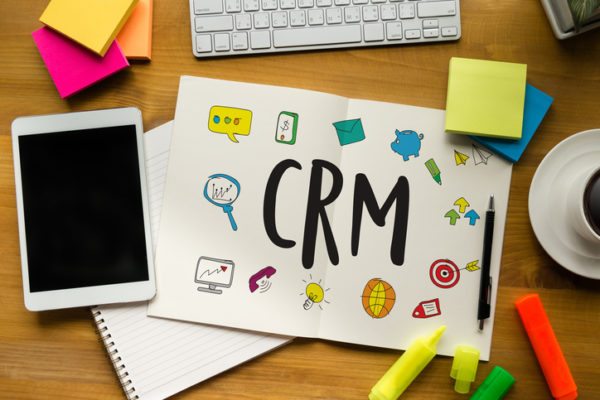Contrary to popular belief, “marketing automation” isn’t just a souped-up automatic email marketing program. Rather, it’s a way for companies to nurture leads by carefully cultivating relationships with them, engaging prospects one-on-one and slowly moving them through the sales funnel until they become customers. Marketing automation, as it applies to inbound marketing, uses targeted emails (along with social media posts) to initiate interest and facilitate conversations with prospects and clients.
Once upon a time, automation was associated wit the act of “blasting” subscribers with batched emails once or twice a month to inform them of new products or services. While email marketing still has its place in that it can give a company exposure, it’s not likely to convert serious prospects into customers. Today’s prospects are savvy, and they want truly relevant information that answers their questions in a timely fashion. Therefore, the one-size-fits-all approach of the old-fashioned email campaign no longer works. Enter: Marketing automation.
What are the advantages of marketing automation?
As mentioned by Chris Hardemen of Act-On Software, marketing automation allows companies to:
Eliminate the need for cold calls
Marketing automation gives companies the ability to nurture leads slowly and effectively. They can do so based upon how prospects have responded to previous communications. This means that there’s no need for inefficient and difficult cold calls. Instead, prospects initiate contact themselves (not the company), and choose to stay engaged. They can move at their own pace through the sales funnel until they are either ready to buy or it’s clear that they should be dismissed.
Get to know their prospects intimately
Marketing automation allows sales to gather information about each potential customer so that they know what the customer cares about, which content has gotten the customer’s attention, and which actions the customer has taken. This gives companies a better idea of what a customer needs and how they can fulfill that need. With that, they can complete the sales process.
Make larger sales, more quickly
When leads are nurtured and led through the sales cycle, the cycle is shortened and the sales made are also often larger. Because customers have been taken care of through the entire process — getting the information they need and being guided every step of the way — those leads are generally higher quality and are more likely to convert to customers.
Customize marketing channels for each customer
Every prospect is different; while one will prefer to be reached via email, another may prefer pay per click campaigns, website content, mobile marketing, or old-fashioned methods like direct mail or shopping via mail order catalog. Marketing automation lets companies customize their marketing campaigns for each prospect based upon data gathered that shows which channel is likely to lead to conversion.
Build customer loyalty and facilitate future sales
Because marketing automation allows the gathering and analysis of prospect and customer data, this lets sales study customer behavior, such as tracking previous purchases and identifying post-purchase website content perusals. With this data, sales departments can identify which customers would be good prospects for follow-up sales.
Increase sales efficiency and reduce operating costs
Finally, marketing automation reduces overall operating costs and increases efficiency at the same time, because it streamlines the sales process and garners higher quality leads that convert to customers in less time and with less effort than through old fashioned methods.
-FINAL(01-00)-White&Blue-01.svg)





